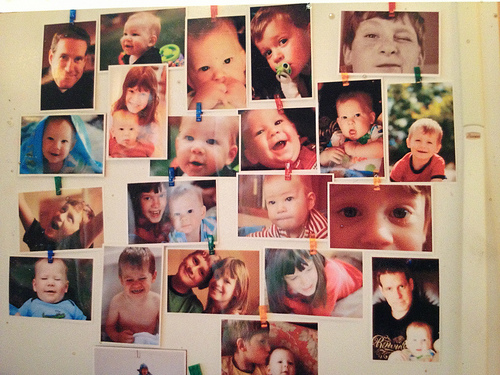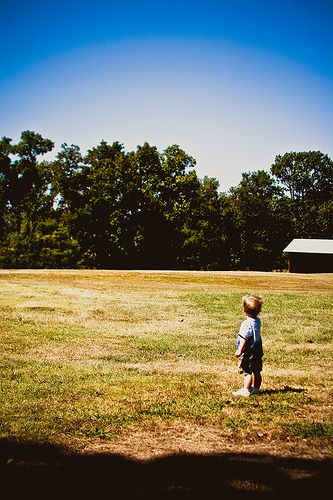From Sharon J. (Lancaster, PA)
I think for both of us we feel the foot loose and fancy "freeness" of our life is slowly being pulled away. But, truly I think I would have struggled with this at any point of getting pregnant simply because I have been a single, on my own, go where I want when I want person for 10 years, up until I got married 4 months ago.
I wonder at times if I really have what it takes to be a mom. How in the world do you raise a child and not just raise them but build strong character into them and hopefully lead them to the Lord. It is such a huge responsibility to be in charge with another persons life and have them completely dependent on you. I am realizing more than ever the importance of my decisions now.
I know my husband struggles with the question of if he'll be able to provide for us. And he also has nervousness because he has never been around babies and really doesn't know how to hold them, change them, or care for them. Also hearing too from friends how tiring it is is really overwhelming to him because he is already completely exhausted every day from him job so the idea of getting even less sleep is depressing to him.
It also concerns me to think about what kind of world I am bringing my child into. As I think about our earth, pollution, crime, our country's moral character I can definitely be discouraged. But I just have to remember that we worship a sovereign, loving and just God and I just need to trust in Him for today. But with that I am also realizing I can have an impact on our future, disciplining women, and mentoring younger gals to help them contribute to a better society; to be God-fearing teachers, accountants, lawyers, etc. I can make a difference.



